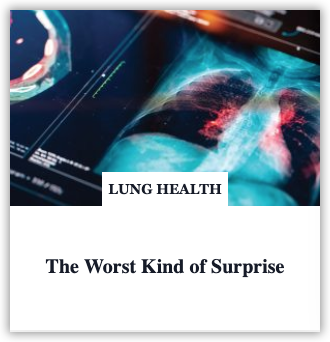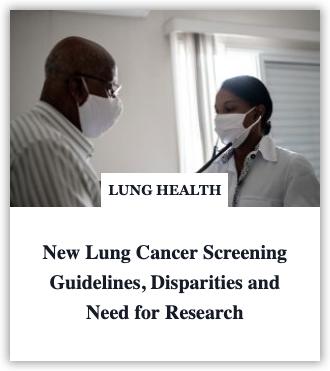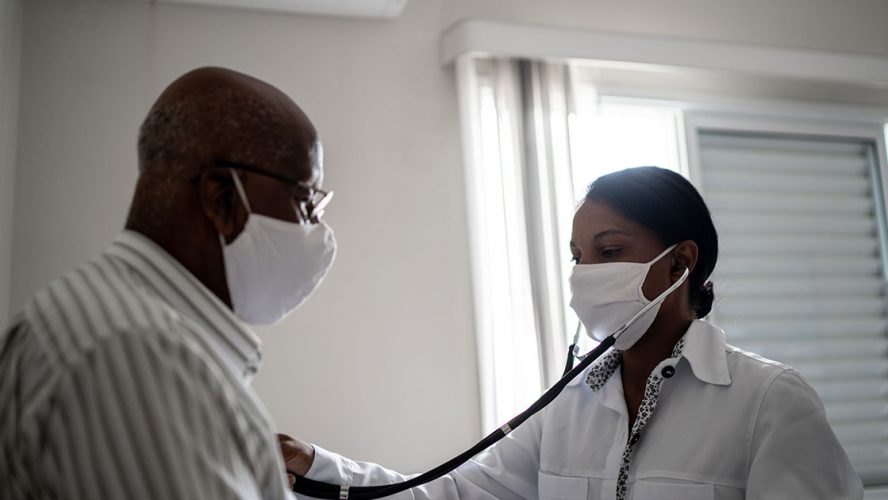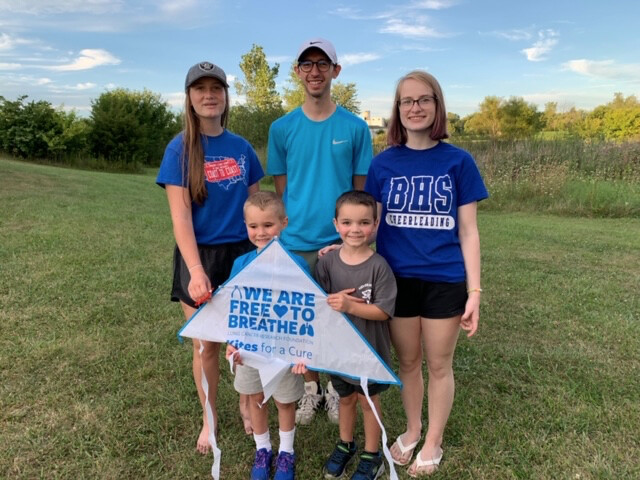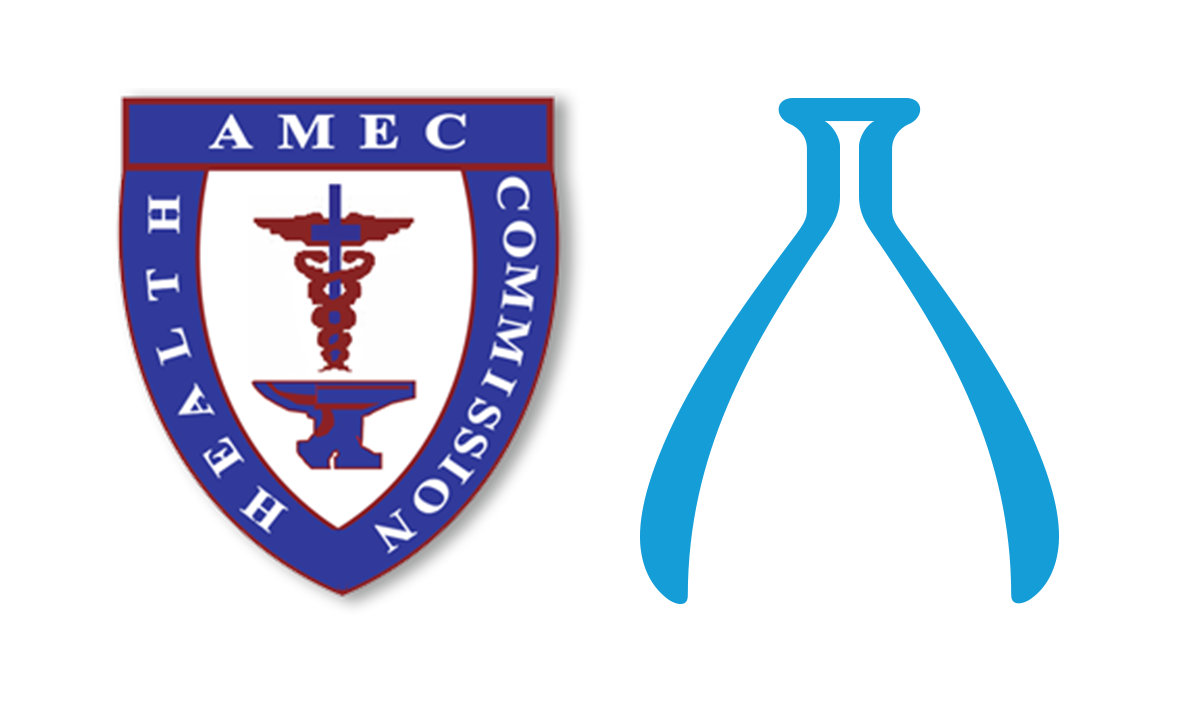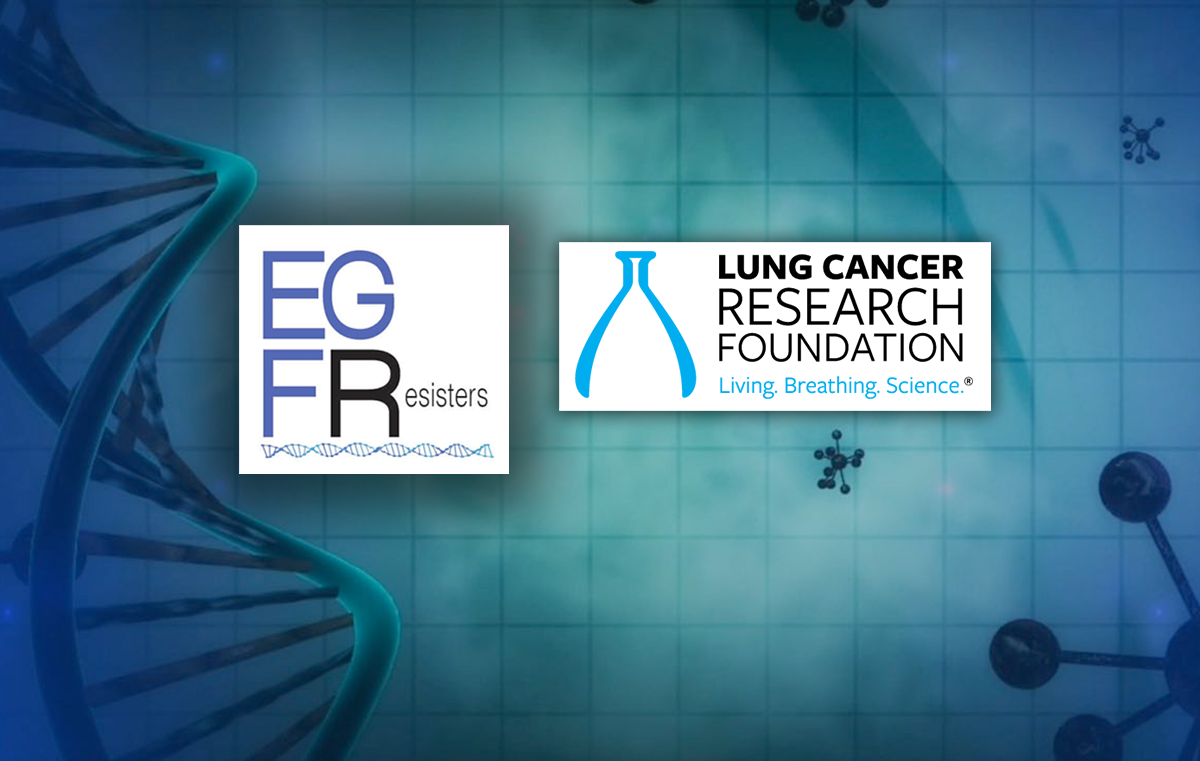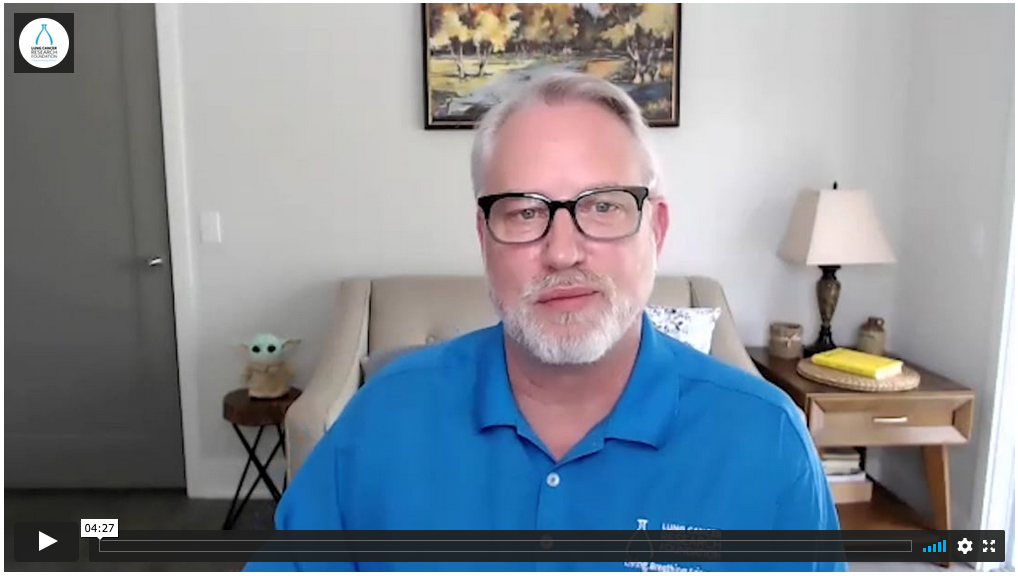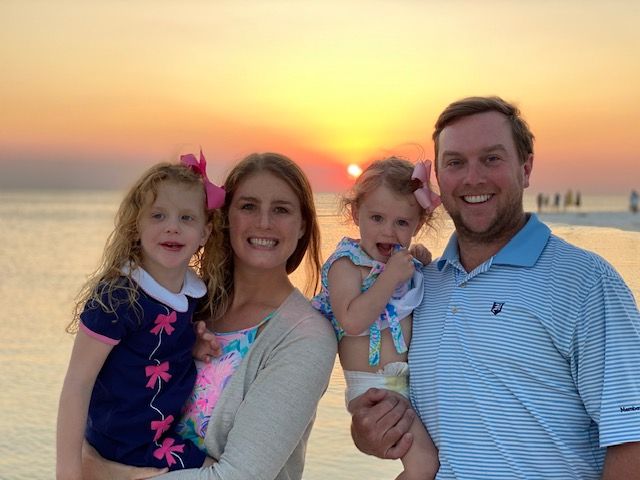Groups Launch Awareness Campaign to Combat Inequity in Lung Cancer Prevention, Detection and Treatment
NEW YORK, NY (June 25, 2021) – The Lung Cancer Research Foundation (LCRF) and the African Methodist Episcopal Church International Health Commission (AMEC IHC) have joined forces to bring awareness of the prevalence, risk factors, importance of screening, and prevention of lung cancer in Black Americans.
Lung cancer affects Black Americans, particularly Black men, differently than their white counterparts. Black men are 11% more likely to be diagnosed with lung cancer and 9.8% more Black men die from the disease1. While smoking remains the primary risk factor to developing lung cancer, about 15% of lung cancer patients do not smoke.2
The program, Breathe Easy: Good News About Lung Cancer Screening, includes a comprehensive guidebook and documentary video. Later this year, public service announcements will be distributed for nationwide broadcast to air during National Lung Cancer Awareness Month in November. Those spots will feature the grandson of Jesse Owens, Olympic gold medalist in the 1936 Berlin Olympic games and later, a lung cancer patient.
Presented by LCRF, the program will be distributed, in part, through the AMEC IHC at its meeting of Health Directors worldwide on June 25 and 26 and on their website amechealth.org on June 28. The program’s 12-minute documentary video features oncologist Dr. Marjory Charlot of UNC Chapel Hill, two Black lung cancer patients’ stories of their journeys, and two members of Jesse Owens’ family: his daughter, Marlene Owens Rankin, and her son, Stuart Rankin. That video, along with the downloadable guidebook, will be available free of charge online at LCRF.org/KnowYourRisk as well as the AMEC IHC website.
“We are delighted to partner with the AME IHC on this very important health issue,” said Dennis Chillemi, Executive Director, LCRF. “Working together to build trust and improve the understanding of lung cancer and its effect on the Black community is key to improving health equity.”
“The role of the AMEC IHC is to bring much-needed health information to our congregations; to bridge the gap between people with health concerns and the healthcare community; and to break down the barriers in access to health care,” said Reverend Dr. Miriam Burnett, Medical Director, AMEC IHC. “Partnering with LCRF gives our community critical information that could save lives of Black Americans with lung cancer.”
This program is funded in part by Bristol Myers Squibb, as part of its initiative to address racial inequities in healthcare. Additional support is provided by grants from Novartis, Pfizer, Lilly, AstraZeneca and Genentech, a member of the Roche Group.
- American Cancer Society, Cancer Facts & Figures for African Americans 2019-2021
- Centers for Disease Control & Prevention, Division of Cancer Prevention and Control
About the AME Church International Health Commission (AMEC IHC)
The AME Church is aided in its mission by its own International Health Commission (IHC), which has the duty and responsibility to address health, wellness, education, and prevention. The IHC serves, among other tasks, to help the denomination understand health as an integral part of the faith of the Christian Church, to seek to make our denomination a healing faith community, and to promote the health concerns of its members. One way to accomplish this is by forming collaborative relationships with international, national, state, county, and city health programs, as well as health associations and community agencies. Our motto is A Ministry That Cares Always, Helps and Assists Those in Need Through Prevention, Prayer and Education. For more information, visit amechealth.org.
